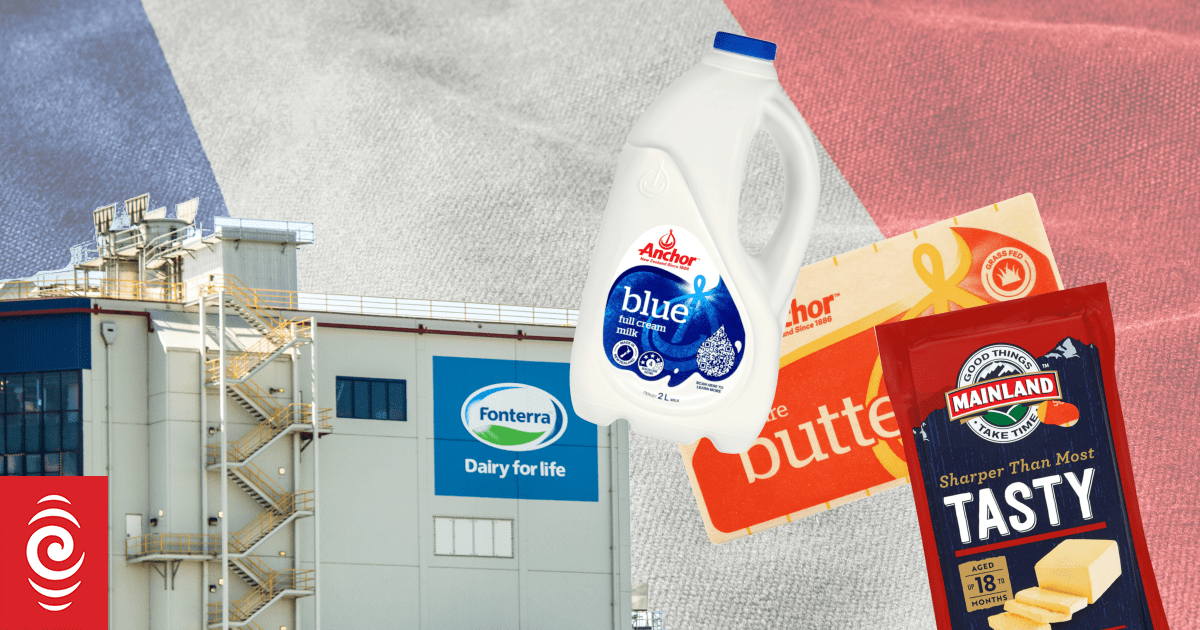The sale of Fonterra’s consumer businesses could have a flow-on effect for the economy.
Photo: 123rf / Supplied images
The New Zealand economy is set to benefit from an estimated $4.5 billion increase in spending, should the sale of Fonterra’s consumer businesses go ahead.
ASB economists said the proposed sale of Fonterra’s Anchor and Mainland brands to France’s Lactalis was expected to deliver a tax-free capital return of about $3.2b to 8000 shareholding farms throughout New Zealand.
“The average return (to shareholders) would be around $392,000 if the sale goes ahead, and we estimate around 60 percent of shareholding farms could receive at least $200,000,” ASB chief economist Nick Tuffley said.
“Some of that money will flow out into broader communities. It will help support on farm investment and all the contractors who are involved in that.”
However, there would also be a trickle-down effect of an estimated $4.5b of direct and indirect spending, once farmers set aside money to pay down debt and for long-term savings.
“This capital return would be a welcome tailwind for farmers, offering a timely boost to confidence and investment.
While it may not single-handedly drive a broader economic recovery, it strengthens the foundation for growth in key sectors.”
Rural communities as well as manufacturing, retail, accommodation, and real estate sectors were likely to directly benefit.
“While many farmers are likely to save or pay down debt to some extent, their investment in cost-saving upgrades and equipment is expected to indirectly lift demand in these sectors,” Tuffley said.
However, the sale was not a done deal, and had been strongly criticised by New Zealand First Leader Winston Peters.
The sale was still subject to shareholder farmer approval in a vote to be held later this month, as well as regulatory approval.
Tuffley said the sale offered opportunities and risks, including greater vulnerability to global trade shifts and changing consumer preferences, particularly in developed markets.
However, he said the timing of the sale coincided with a strong dairy sector with robust incomes.
Strong global demand and resilient commodity prices were expected to keep dairy farm profitability high in the year ahead, with rural areas generally outperforming urban centres.
The proposed sale also aligned with Fonterra’s strategy to shift back to a commodity focus.
“One key thing for everybody to bear in mind is we rely quite heavily on our export incomes,” Tuffley said adding the $4.22b sale price reflected the value of the consumer business built up over time.
Sign up for Ngā Pitopito Kōrero, a daily newsletter curated by our editors and delivered straight to your inbox every weekday.

